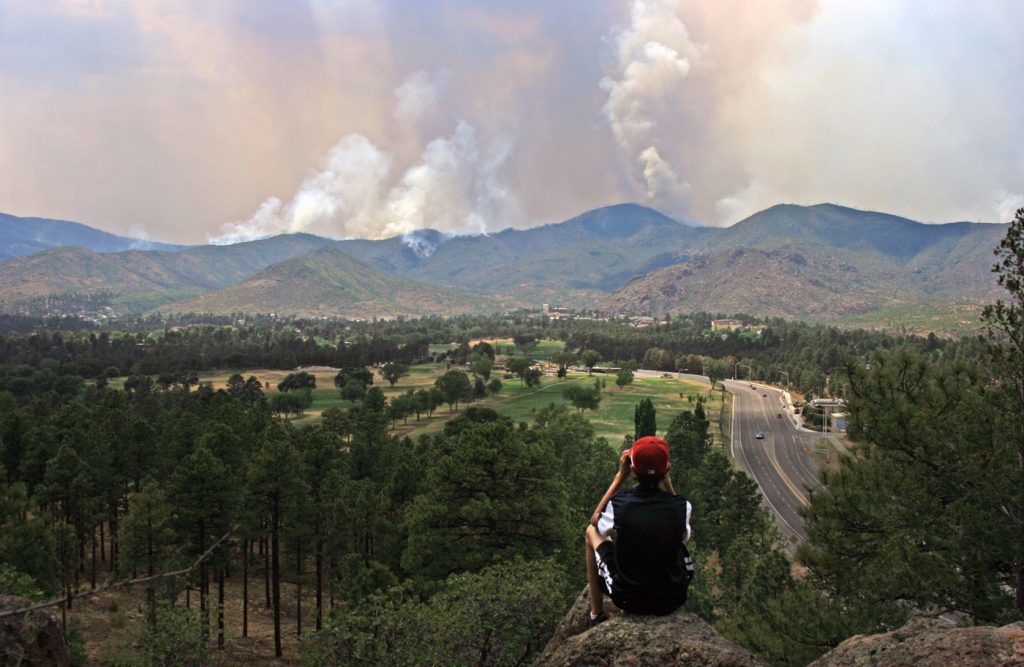At Public Books, John Tresch reviews Facing Gaia: Eight Lectures on the New Climate Regime by Bruno Latour. Among other strengths of the book, Tresch identifies Latour’s insistence that in order to begin to confront climate change, we must abandon the simplistic conception of “nature” that has dominated Western thinking for centuries. Read an excerpt from the review below, or the full text here.
Facing Gaia continues the project of redefining science, religion, and politics, clarifying the West’s self-understanding to prepare for a franker negotiation with the rest of the planet on matters of shared concern—climate change, for starters. Once “the comparison of collectives [is] finally freed of the obligation to locate any one collective with respect to the others according to the sole schema of nature (singular) and cultures (plural) … Politics can begin again!” This slogan rejoins his longstanding experimentation with the “parliament of things”: a notion of political debate and legislation in which the interests of trees, mice, anemones, bacteria, atmospheric gases, and oceans would be represented on a par with those of humans. Latour has lately expanded this parliament’s constituency to the entire planet. Taking off from Michel Serres’s observation of the etymological link between “religion” and “negligence,” Latour proposes a minimal definition of religion as “that to which one clings, what one protects carefully, what one thus is careful not to neglect.” He elaborates a project of “comparing collectives” according to what they cling to: their “supreme authorities,” the land they inhabit, the entities and capacities of action they recognize and administer.
He imagines convening them all—in a trans-ontological climate summit—to work out what they are willing to give up and what they will fight to keep, “composing a common world” by a “redistribution of agency” on a planetary scale. To avoid granting one collective’s supreme values authority over all the others, this conversation must occur without any standard or arbiter, whether science, God, or a “universal” framework of right or law. Instead, like Hobbes’s humans before the Leviathan, we must “go through a state of war in order to search, afterward, through diplomatic transactions, for peaceful solutions.” Supported by a reading of Nazi lawyer Carl Schmitt’s geopolitics, Latour’s emphasis on declaring enemies and waging war adds a troubling note: the specter of armed, life-destroying conflict seems a perverse prelude to cooperation.
Image via Public Books.
